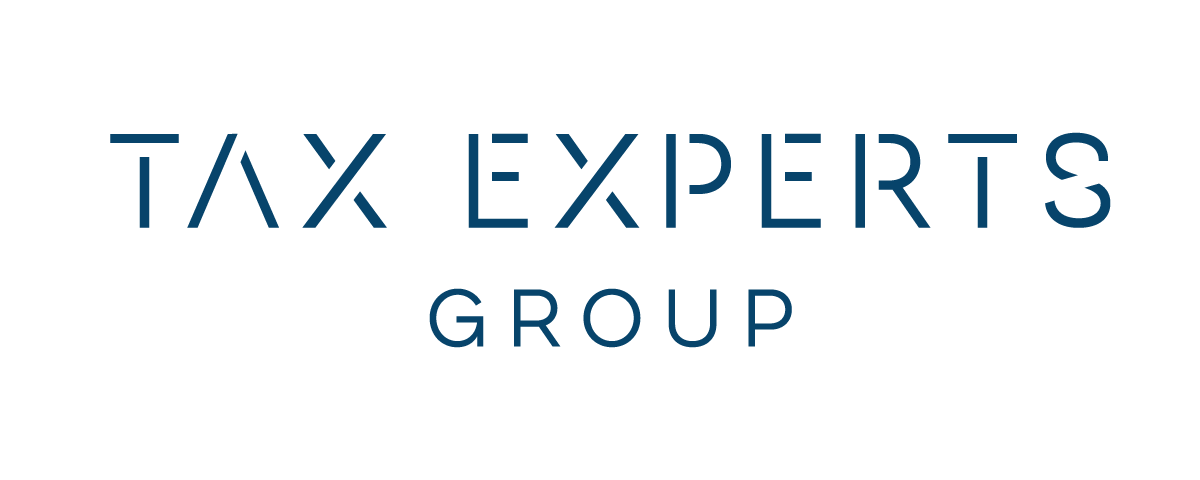Stock option plans and awards
Free stocks and stock options plans are powerful incentives for attracting and retaining talent in companies. These programs align employees’ goals with the company’s success by offering financial rewards tied to company performance. They motivate employees to contribute to the company’s long-term growth, increase job satisfaction, and promote retention.
The Greek framework governing stock options and awards is tax-efficient providing for a flat rate of 15% on capital gains, significantly lower than the progressive rates applicable on employment income.
Free stock plans
Under the Income Tax Code effective from January 1, 2020, stocks granted to employees as part of a free stock plan are not taxable at the time of the grant. These grants often hinge on achieving specific goals or milestones. However, when the shares are transferred or sold, they are subject to capital gains taxation under Article 42A of the Income Tax Code (ITC). The calculation of the capital gains is more specific in this case since the stocks do not have a cost basis, and it differs depending on whether the stocks are listed or not. We will examine the case of listed stocks.
Listed stocks
For listed company stocks, the tax treatment requires considering the stock’s market price at the time of the grant. If the subsequent sale price, as determined by the transaction documents from the brokerage or financial institution, is equal to or higher than the price at the time of the grant, the capital gain up to the price at the grant is taxed at a 15% rate. This capital gain is not taxed as employment income, which could be as high as 44%. The remaining gain from the sale is exempt from tax under Art.42 of ITC, if the seller does not hold at least 0.5% of the company’s stock. Otherwise, the gain is taxed at 15%. If the sale price is lower than the stock price at the grant date, the capital gain is calculated based on the stock price at the grant date, taxed at 15%.
Example: As part of a free stock distribution program, employee “A” received 100 free shares listed on the stock exchange from his employer in 2020, due to meeting the set targets, with each share valued at 50€. At this point, no income is recognized by the employee. The employee decides to sell these shares in 2022 when their value has increased to 70€. Therefore, income is acquired under Article 42A of the Income Tax Code (Capital Gains), taxed in 2022, and calculated as follows: 100 shares x 50€ = 5,000€ (market value on the day of distribution), taxed at a 15% rate.
Additionally, the employee acquires income under Article 42 of the Income Tax Code (70-50) x 100 shares = 2,000€. Since this excess of 2,000€ is taxed according to paragraph b of Article 42, the employee’s participation in the company is examined, and depending on the case, it will either be taxed at 15% or be exempt from tax.
Stock options plans
Stock options allow employees to purchase company shares at a predetermined price (exercise price), often below the market value. The tax treatment of stock options depends on three key phases: the grant date, exercise date, and the sale date.
Under Article 42A of ITC, employees don’t incur taxes at the time of granting or exercising stock options. Taxation happens when the shares acquired through stock options are transferred.
If the shares are transferred at least 24 months after the grant date, income is taxed as follows:
- Capital gains on listed shares, taxed at a 15% rate (under Art. 42A), based on the difference between the exercise price and the market value on the exercise date.
- Additional capital gains are calculated based on the difference between the sale price and the exercise price, also taxed at 15% (under Art.42), unless the employee owns at least 0.5% of the company’s shares.
Now, if the shares are transferred within 24 months from the grant date, the employee is taxed on:
- Employment income (a fringe benefit) calculated based on the difference between the exercise price and market value, taxed as ordinary income tax rates, which can reach 44%.
- Additional capital gains as explained above.
Example: The company “A S.A.” is listed on the stock exchange and grants its employees the option to purchase shares at 20€ per share. Employee “B” decides to exercise this option 12 months after receiving it. On that day, the market value of the share is 50€, so he acquires 100 shares for 2,000€ (instead of 5,000€). At this moment, the market value of the benefit from exercising the option is 30€ per share, totaling 3,000€.
Thirty months later, the share price is 100€, and the employee decides to sell the shares. Until this point, no income was acquired. Upon selling the shares, the income from Article 42A of the ITC is 3,000€, taxed at 15% because 24 months have passed since the grant date. Additionally, the employee acquires income from Art. 42 of ITC (Capital Gains): 5,000€ (100-50 x 100 shares), which is tax-exempt as the seller holds less than 0.5% of the company’s capital.
Free stocks and stock options plans offer significant benefits for employees and employers. By understanding their tax implications, employees can maximize their financial rewards while complying with tax regulations. Employers, in turn, can use these tools effectively to foster employee loyalty and align interests with the company’s success. In Greece, more and more companies establish stock option and share award plans offered to executives and middle level employees.










